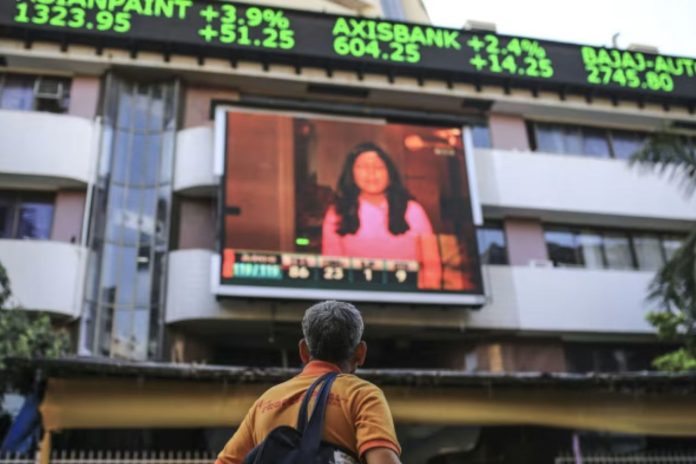EU Antitrust Probe Targets P&G, Coca-Cola in Consumer Goods Sector Sweep
European antitrust regulators have turned their attention to major players in the consumer goods sector, launching inspections on Tuesday targeting companies suspected of price-fixing. Procter & Gamble Co. (P&G) and Coca-Cola Co. have both confirmed being approached by investigators, signaling the start of what could become a significant probe into competition practices across the fast-moving consumer goods (FMCG) industry.
The European Commission announced that it conducted unannounced inspections at the premises of several firms active in the supply of household and personal care products. Although the companies under investigation have not been formally charged, the Commission emphasized that it suspects violations of EU antitrust rules which prohibit cartels and restrictive business practices.
P&G, the world’s largest consumer goods manufacturer, acknowledged in a statement that it was cooperating with authorities following the visit at one of its European facilities. Similarly, Coca-Cola confirmed it was assisting investigators following inspections of its offices. The EU watchdog did not disclose the exact nature of the suspected coordination, but it is likely focused on pricing and supply strategies impacting European retail networks.
This development follows increased scrutiny by EU competition authorities into pricing behaviors across a broad range of sectors, including agriculture, energy, and grocery retail. The European Commission has said that inspections are a preliminary investigatory step, with no specific timeline for conclusion. If wrongdoing is ultimately proven, implicated companies could face fines of up to 10% of their annual global turnover.
For the FMCG sector, the probe comes at a time of continued inflationary pressures, where manufacturers’ pricing strategies and retailer negotiations have been under intense public and regulatory focus. Analysts note that enforcement actions such as this could shift industry practices surrounding pricing transparency and negotiations with retailers and distributors.
The EU has emphasized that inspections do not imply guilt and has not formally identified all companies involved. However, the high-profile nature of P&G and Coca-Cola’s involvement underscores heightened vigilance toward potential anti-competitive behavior in essential consumer goods categories.
FMCG professionals will be closely monitoring the outcome, especially with potential implications for category leadership, retailer relationships, and compliance models across European markets.

